The success of China's electric vehicles (EV) is "the success of globalization," and Chinese-made EVs are internationally popular due to their good quality, production capacity and cost controls, instead of subsidies, a Foreign Ministry spokesperson said on Wednesday.
"We hope that the EU side will abide by WTO rules, honor its commitment to market openness, respect the laws of the market economy and the innovation efforts of Chinese enterprises, prudently use trade remedy tools and jointly safeguard China-EU economic and trade cooperation," Wang Wenbin, the spokesperson, said during a regular press conference, when asked about the EU's probe into Chinese EVs.
Across the global EV supply chains, the interests of all parties are intertwined, Wang said, adding that Chinese EVs have contributed to global green and low-carbon development.
As to China's anti-dumping investigations into imported brandy from the EU, Wang reiterated China's commitment to a high level of opening-up and upholding the principles of the market economy and WTO rules, and this will not change.
"We are ready to provide an open, inclusive, transparent and non-discriminatory business environment to foreign companies, including those from the EU, to conduct trade and investment cooperation in China," Wang said.
The Ministry of Commerce (MOCFOM) announced on January 5 that it will launch an anti-dumping probe into some imported brandy from the EU. The investigation was initiated at the request of Chinese companies, an official in charge of the MOFCOM's Trade Remedy and Investigation Bureau said.
Upon receipt of the application, the MOFCOM examined it in accordance with Chinese laws and regulations and in compliance with WTO rules, and it held that the application met the requirements for filing an anti-dumping investigation, the official said.
"We will conduct the investigation according to relevant Chinese laws and regulations, as well as WTO rules, in an open and transparent way and safeguard the rights of all stakeholders in the process," Shu Jueting, a spokesperson for the MOFCOM, said on January 12.
China's anti-dumping investigations accord with China's legal framework and the WTO guidelines, and a decision will be based on factual evidence. However, EU investigations into Chinese EVs have not followed the WTO rules and they smack of trade protectionism, Chinese analysts said.
According to the WTO's anti-subsidy regulations, the EU is required to first demonstrate that Chinese EVs have received subsidies and that this has affected local manufacturers. However, the bloc has not proved any receipt of subsidies nor shown that local EU production of EVs has been affected by imports from China, Sun Yanhong, a senior research fellow at the Institute of European Studies under the Chinese Academy of Social Sciences, told the Global Times.
Some critics in the EU claim that China-made EVs sold in the EU market have a clear price advantage over those made by local manufacturers, but they never mention that Chinese cars sold in the EU are about twice as expensive as those sold in China, industry insiders pointed out.
They added that components such as motors, controllers and chargers used in China-made EVs come from European companies, including but not limited to Bosch, Siemens and Alstom. Chinese EVs producers are also working with European automakers to promote technological innovations.
For example, Bosch on Monday won the approval to start construction of the second phase of a production base for new-energy vehicle components and a self-driving research and development (R&D) center in Suzhou, East China's Jiangsu Province, the Suzhou Industrial Park announced on its WeChat account on Tuesday.
Total investment for Bosch's Suzhou production and R&D base will exceed $1 billion. Phase one of the project is expected to begin trial production in September, and formal mass production will be achieved in early 2025.
Analysts said that opening-up has promoted the development of China's EV industry. China has maintained an open and welcoming attitude toward EV companies from around the world, including Volkswagen and Tesla.








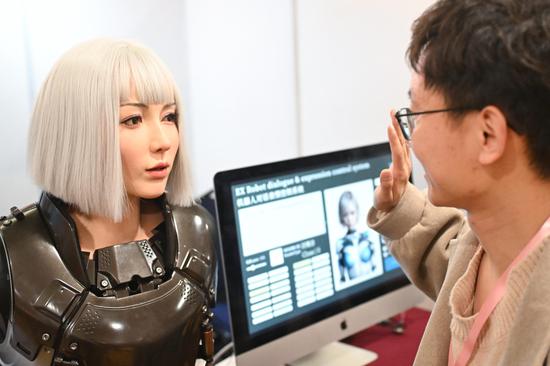

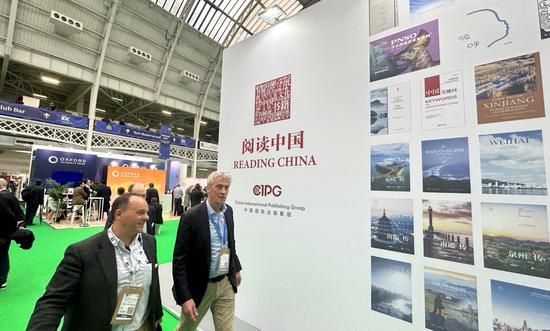


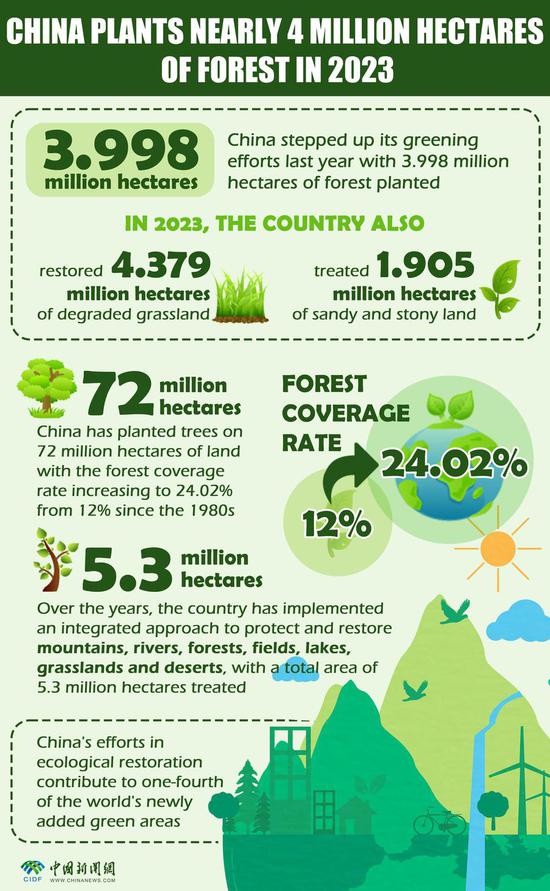


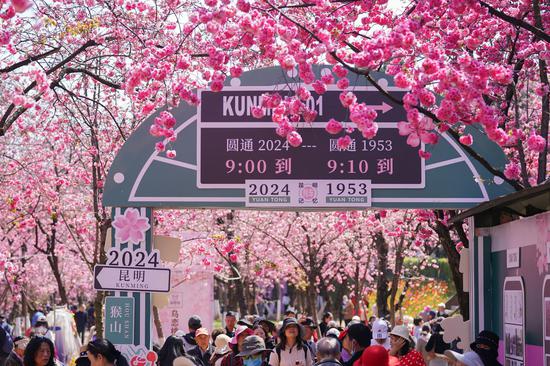
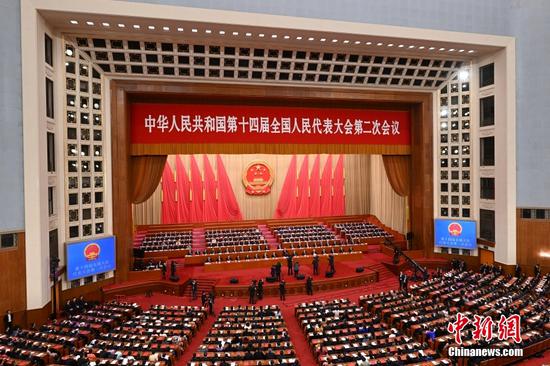

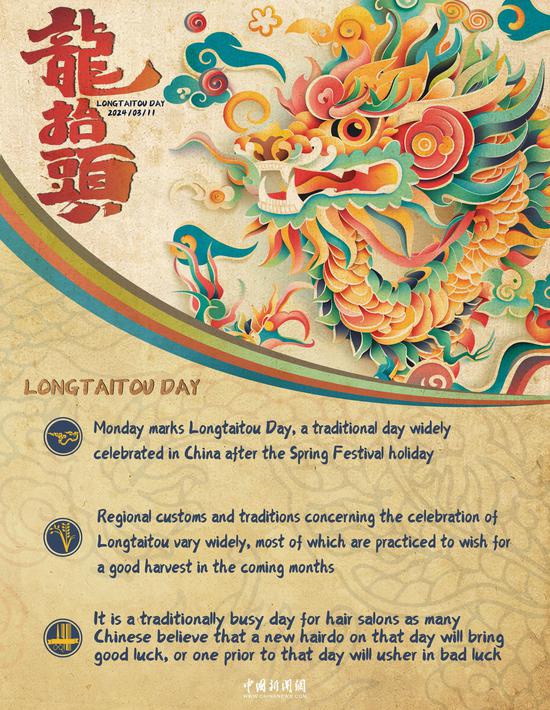


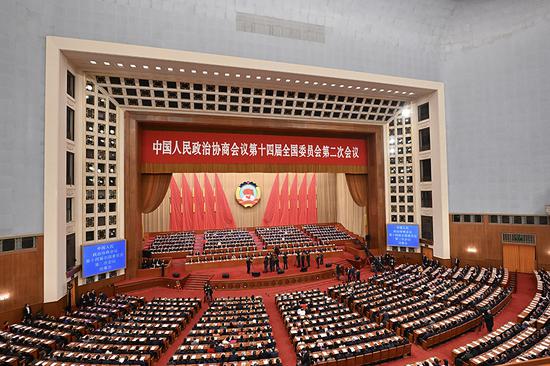
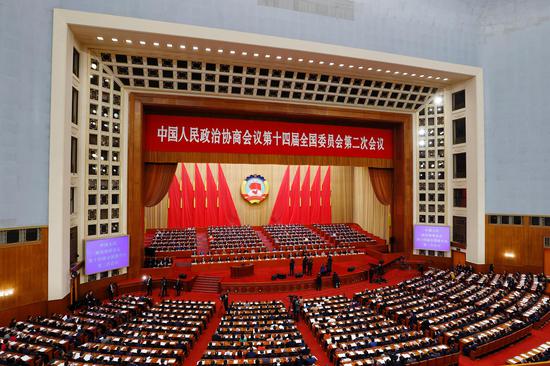

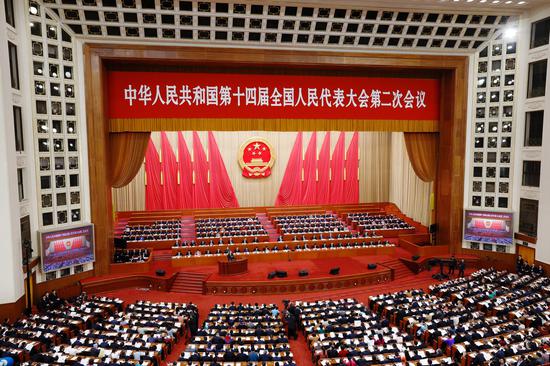
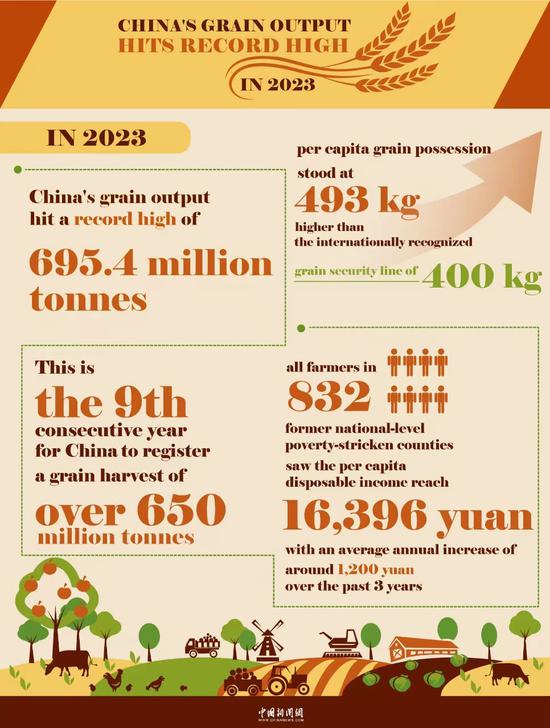
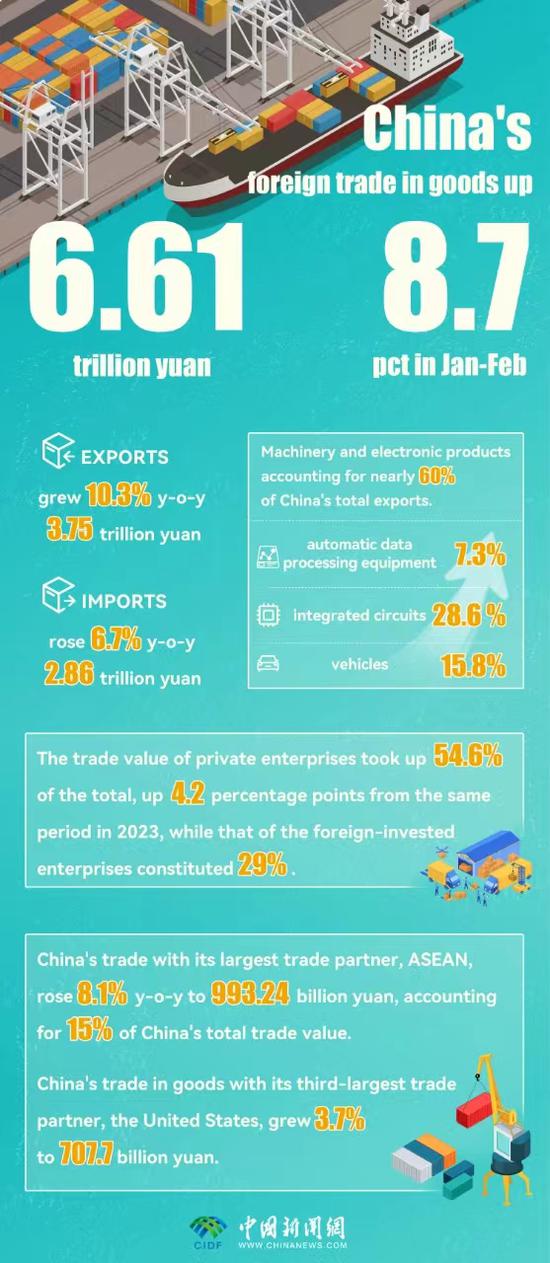
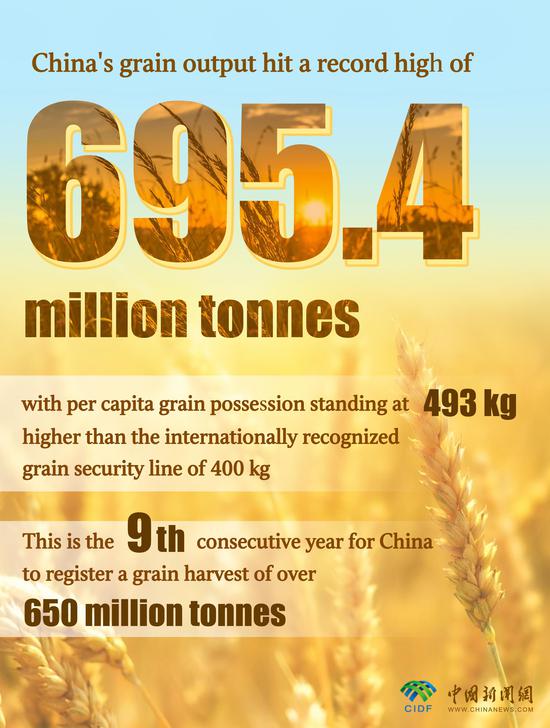
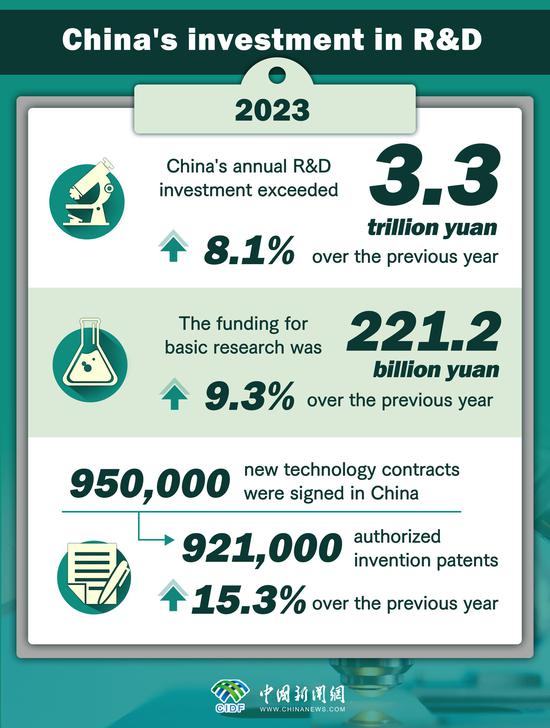
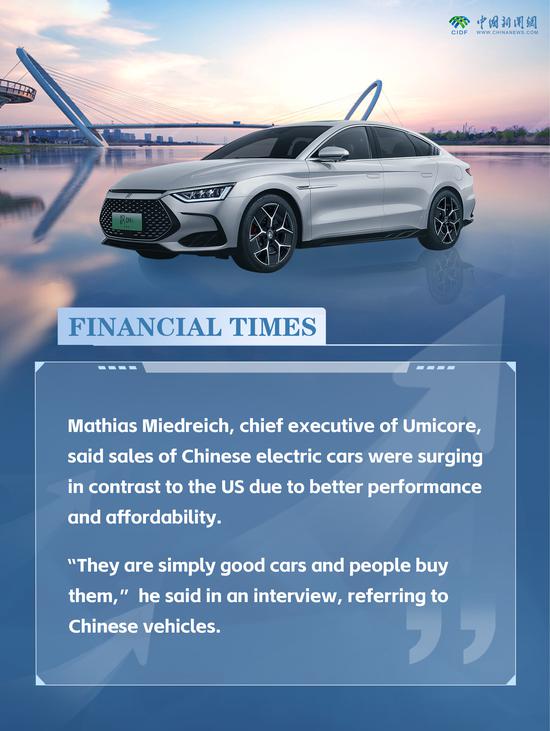
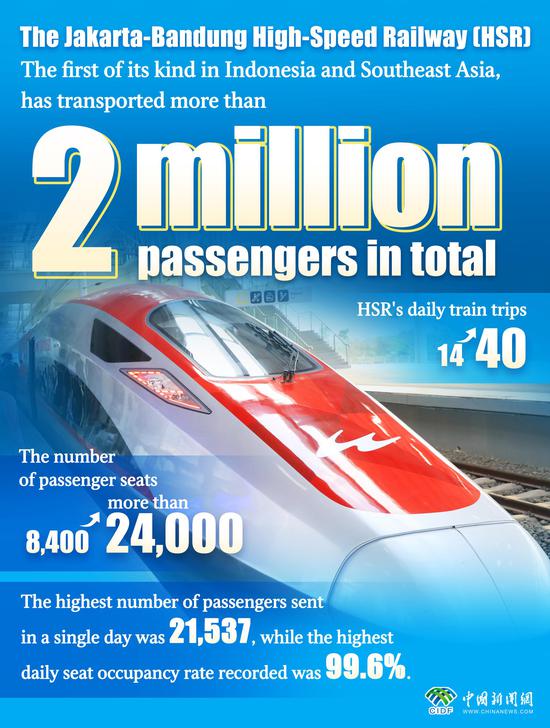
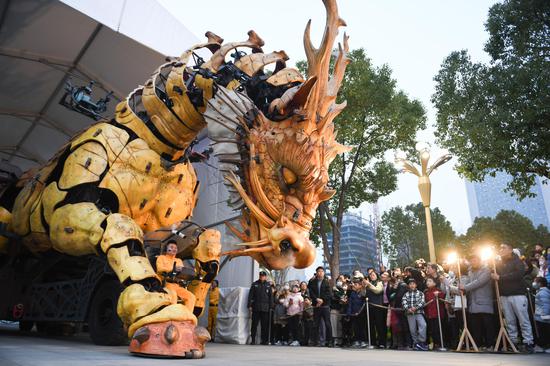


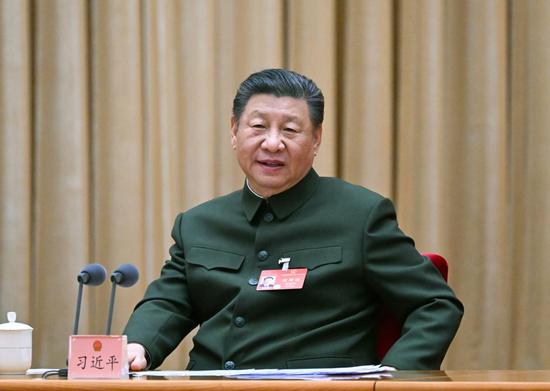
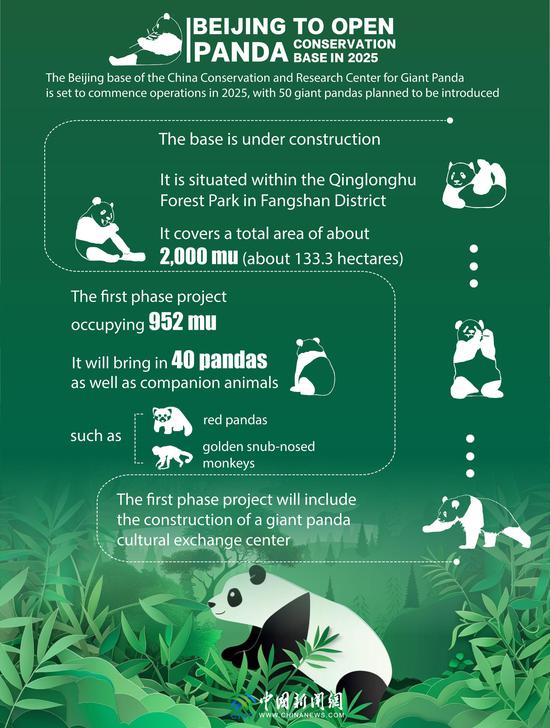
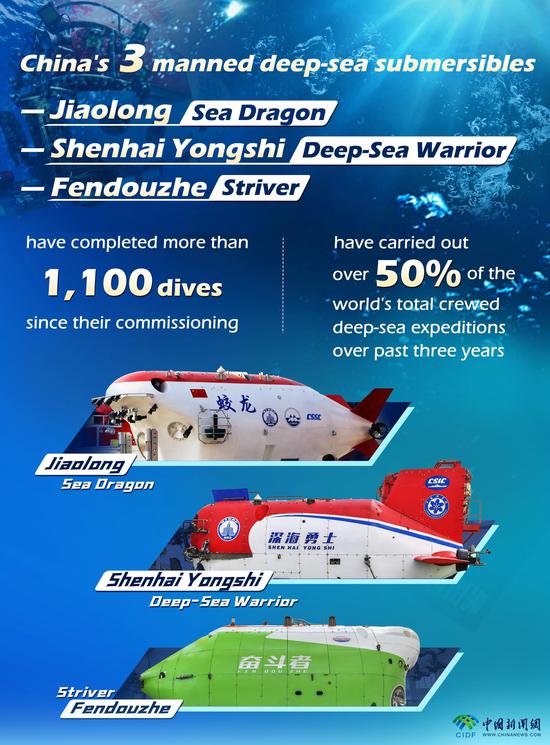
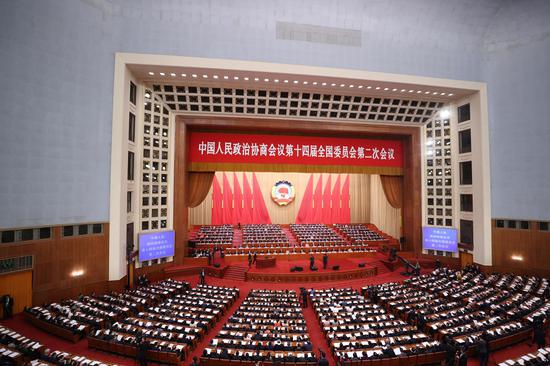
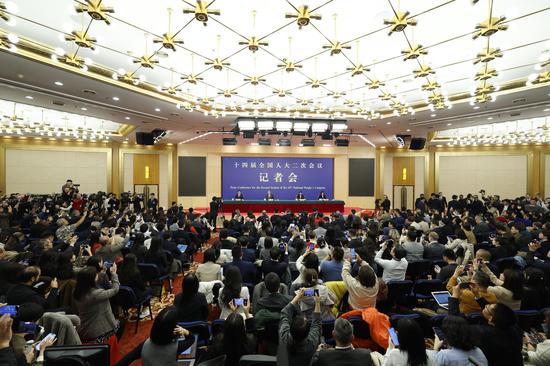

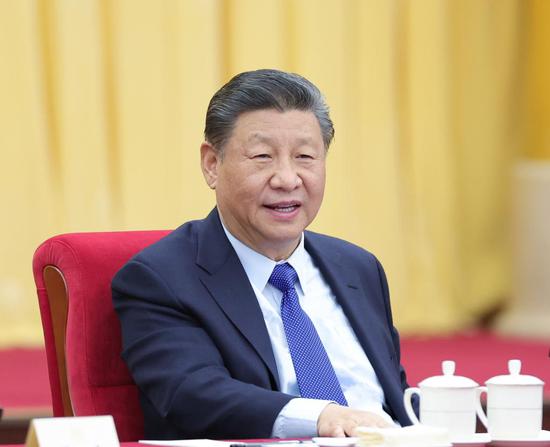
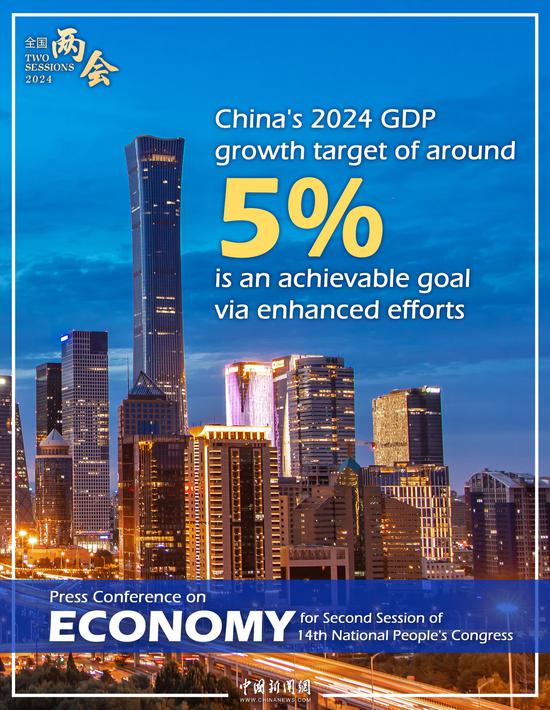
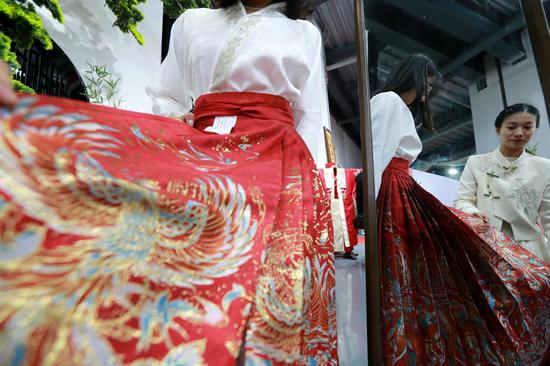






 京公網安備 11010202009201號
京公網安備 11010202009201號